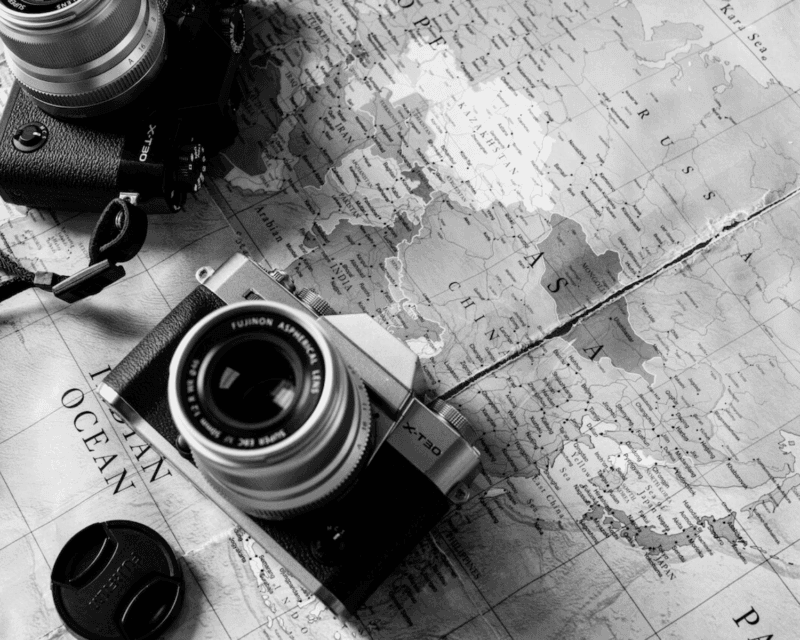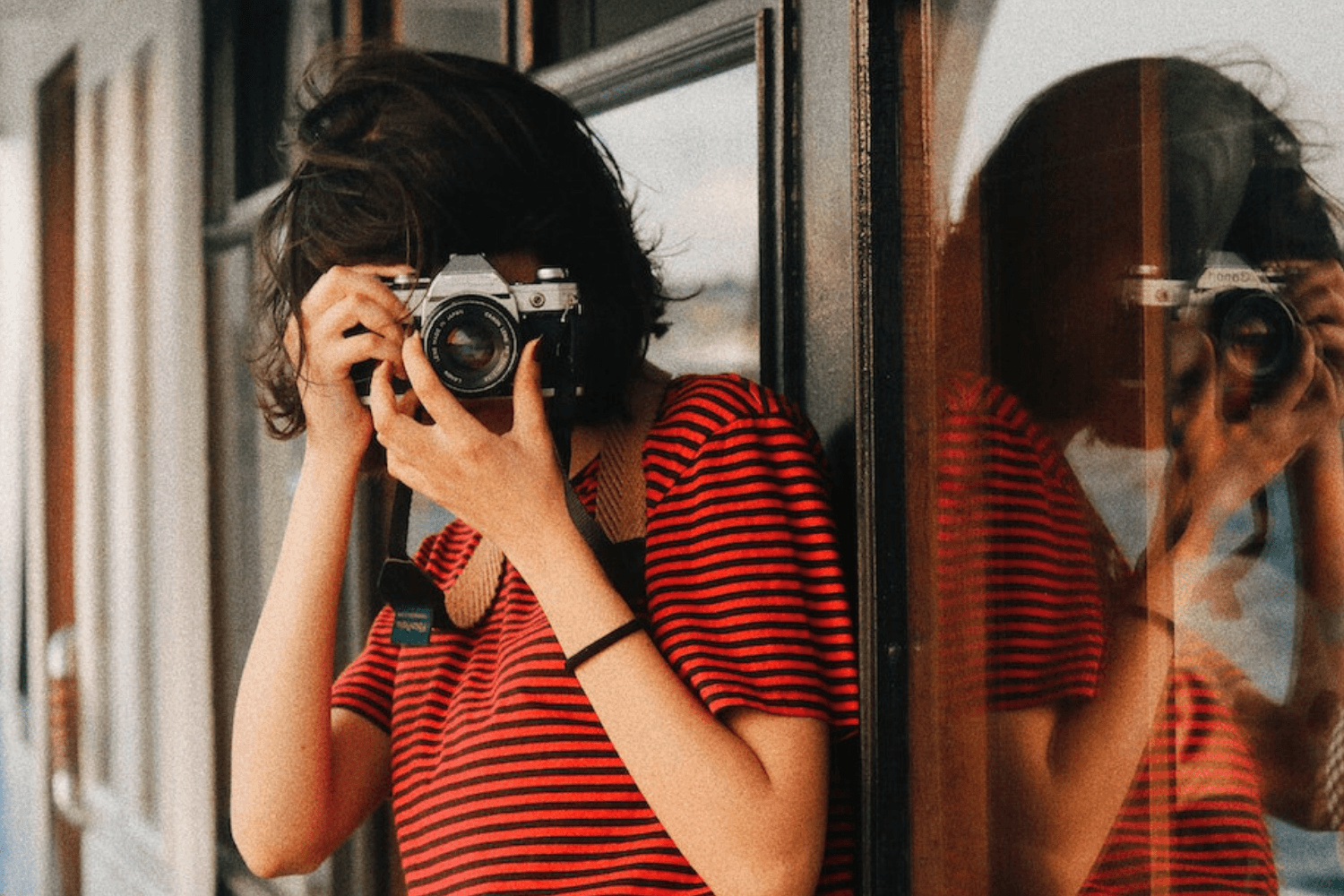Generative Artificial Intelligence in Photography Marks the Beginning of a Revolution
Yvan Cohen
Mon Apr 24 2023

By Yvan Cohen
It feels like not so long ago that I was listening absent mindedly to a BBC lecture about AI. The tone was ominous but it felt distant, theoretical even.
Fast forward to today and AI is all over the news. Journalists are publishing conversations with AI chat bots. AI generated pictures are winning photo competitions. The potential feels limitless and a little scary.
In the creative arena, AI has been tossed into our lives like a grenade into a crowded room. We’re wondering how many of us will survive its impact and feel the collective dread of knowing that art as we know it is about to undergo a life-changing transformation.
Passive and Active Intelligence
Since the invention of the computer and the exponential expansion of processing power, machines have been rapidly displacing human functions. Computers calculate for us, Google has become our collective memory, the internet has become an alternative universe. Pretty soon, computers will be thinking for us.
Yes, you read that correctly: computers will be thinking for us and telling us what to do.
Till now, technological advances have given us tools that are essentially passive. A machine does what it is designed to do and nothing more. Active intelligence, remained the seemingly unbreachable frontier that separated humans from machines, the living from the inanimate.
With the advent of Generative Artificial Intelligence, however, that frontier is being breached. This new form of technology is capable of actively improving itself and taking considered decisions based on unimaginably vast databases of information.
We are unleashing man-made technology that can learn, remember, compare, create and, think much faster than we can. If it has a huge potential for good, and evil, there is little doubt it will transform the fabric of our societies.
The Power of Generative Artificial Intelligence
In 1951, British computer scientist Alan Turing (who invented one of the world’s first computers and was a pioneer of machine learning) wrote. “It seems probable that once the machine thinking method had started, it would not take long to outstrip our feeble powers… They would be able to converse with each other to sharpen their wits. At some stage therefore, we should have to expect the machines to take control.”
Of what use will a doctor be if a machine can identify symptoms, diagnose a disease and define an appropriate treatment more reliably and accurately than a human physician? Of what use is a lawyer if every legal question can be answered, and even argued, by artificial intelligence? Of what use is a writer if AI can write perfectly readable error-free texts in a split-second?
Of what use is memory itself, if every piece of information known to man is stored in an artificial mind that can tirelessly recall, process and synthesise that information in a fraction of the time a human can, and with a degree of reliability that is impossible for us to achieve.
We don’t want to believe it but the beauty and seeming randomness of abstract creations can be mimicked by unfeeling machines. It’s already happening. Surreal poetry and complex novels can be written by artificial minds. Ultimately, will we be able to tell the difference between artificial and human creativity? Is there a difference? Does it even matter?
 A fake, AI generated image of Trump getting arrested
A fake, AI generated image of Trump getting arrested
Artificial Intelligence in Photography
As photographers and visual artists, we are already gazing awe-struck upon early examples of AI generated images.
If the idea of photography depicting reality was already challenged by the malleability of digital technology, AI will further blur our understanding of what is real. In a strange regression, photographs risk becoming purely representational (like the paintings and drawings they once threatened to supersede), with no guarantee that such representations correspond to an actual event or moment in time. In such a world, we will no longer be able to place our trust in photographs as a reliable source of memory or record. Photojournalism is would be dead.
Or at least that’s how it seems.
Perhaps, just as we are now able to generate artificial reality, we will also invent ways to confirm the authenticity of authorship and visual record, so that photographs can once again show us some form of truth.
Imagine embedding a unique code in a photograph at the moment of its creation, such that it can never be altered without a visible record of such changes? Or reading the biometric ID (facial recognition or an iris scan?) of a photographer at the time a picture is taken, so authorship is permanently recorded?
All of which is to say that there are surely ways for us to develop the technology to save photography as a form of witness, if we have the will to do so.
 A fake, AI generated image of Pope Francis in a puffer jacket
A fake, AI generated image of Pope Francis in a puffer jacket
Can AI Mimick the Human Creative Process?
In his 1931 novel ‘Brave New World’, British Author Aldous Huxley imagined a futuristic dystopian world where humans are genetically engineered. Just over 90 years later, we are surpassing Huxley’s imagined universe as we enter our own brave new world where machines are capable of thought.
But what about the human soul, I hear you say. What about feelings and morality? Surely artificial forms of intelligence can never be a substitute for these qualities, for human understanding, for the unique natural amalgam of genetics and experience that shape our individual personalities.
The processes by which we create art, remain profoundly linked to our experiences and emotions. This random mosaic of feelings and memories are what contribute to the uniqueness of an artist’s work. Can this uniqueness ever be replaced or surpassed?
I’ll leave the last word to AI itself with this reply from Open AI’s ChatGPT when asked about the potential power of Generative Artificial Intelligence.
“Overall, the potential power of generative AI lies in its ability to automate the creative process and generate new content that is indistinguishable from content created by humans, which can lead to new discoveries and innovations in various fields. However, it’s important to consider ethical and societal implications, such as potential misuse and biases, as with any AI technology.”
Nice one AI, I’m not sure I could have put it any better myself.
Written by Yvan Cohen | Yvan has been a photojournalist for over 30 years. He’s a co-founder of LightRocket and continues to shoot photo and video projects around South East Asia.
Cover image by Boris Eldagsen
To read more helpful articles on photography, check out our blog page.
Join our growing photographer community at LightRocket and get powerful archive management and website building tools for free!


